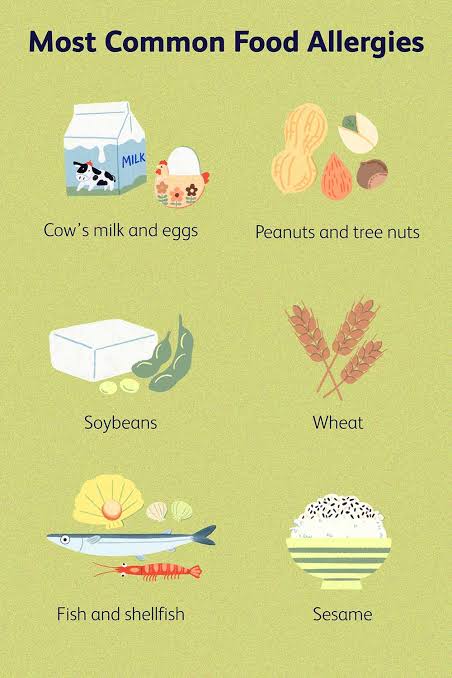
You may have heard before about cheese allergy, but what is it and what are its symptoms? . From time to time, and sometimes the body develops a food allergy when it rejects some substances found in foods, and an allergy to dairy products is the most common type of food allergy.
Allergic reactions occur when the immune system attacks proteins in food and treats them as a threat to the body – and these reactions can be fatal because of their strength and effect on the body.
What are the symptoms of cheese allergy?
If you have a cheese allergy, you are likely allergic to all dairy products. A person with a cheese or dairy allergy shows many symptoms when he eats cheese, as the body’s immune system attacks the proteins found in the cheese, and then several chemicals are released that lead to an allergic reaction. Hypersensitivity is the most dangerous reaction to the body and may cause many problems for the person suffering from allergies. Some symptoms will appear directly in those suffering from anaphylactic shock, such as increased breathing rate, rapid heartbeat, and unconsciousness. The most common symptoms of food allergies are:
Numbness or itching in the mouth. Red itchy rash. Swelling of the face, mouth, throat, or other areas of the body. Difficulty swallowing. Shortness of breath. Feeling dizzy. Feeling nauseous or vomiting. Stomach pain and diarrhea. Sneezing or itchy eyes.
Is a cheese allergy similar to lactose intolerance (dairy allergy)?
Lactose intolerance or lactose sensitivity is a common digestive problem in which the body is unable to digest lactose – a type of sugar found in dairy products.
This problem occurs when the body is unable to produce a sufficient amount of lactase, which is the enzyme responsible for digesting and breaking down lactose, and thus the body is unable to absorb it.
Symptoms of lactose intolerance usually develop within a few hours of eating food or drink that contain lactose, and these symptoms include:
Bloating, diarrhea, stomach cramps and pain, feeling tired.
How do you know if you have a cheese allergy?
Cheese allergy is usually identified at an early age, so if you have a cheese allergy, you should know about it early. Therefore, if you think that you or your child suffers from a food allergy, you should go to the doctor to confirm this. The doctor will ask you several questions about your symptoms, such as:
How long did it take for symptoms to appear after eating? How long did the symptoms last? How severe were the symptoms? Is this the first time these symptoms have occurred? If it’s not the first time, how many times has it happened before? What food has your child eaten? Do they have any other allergies? Is there any history of allergies in the family?
If the doctor confirms a food allergy, he will refer your child to a testing center or allergy clinic






